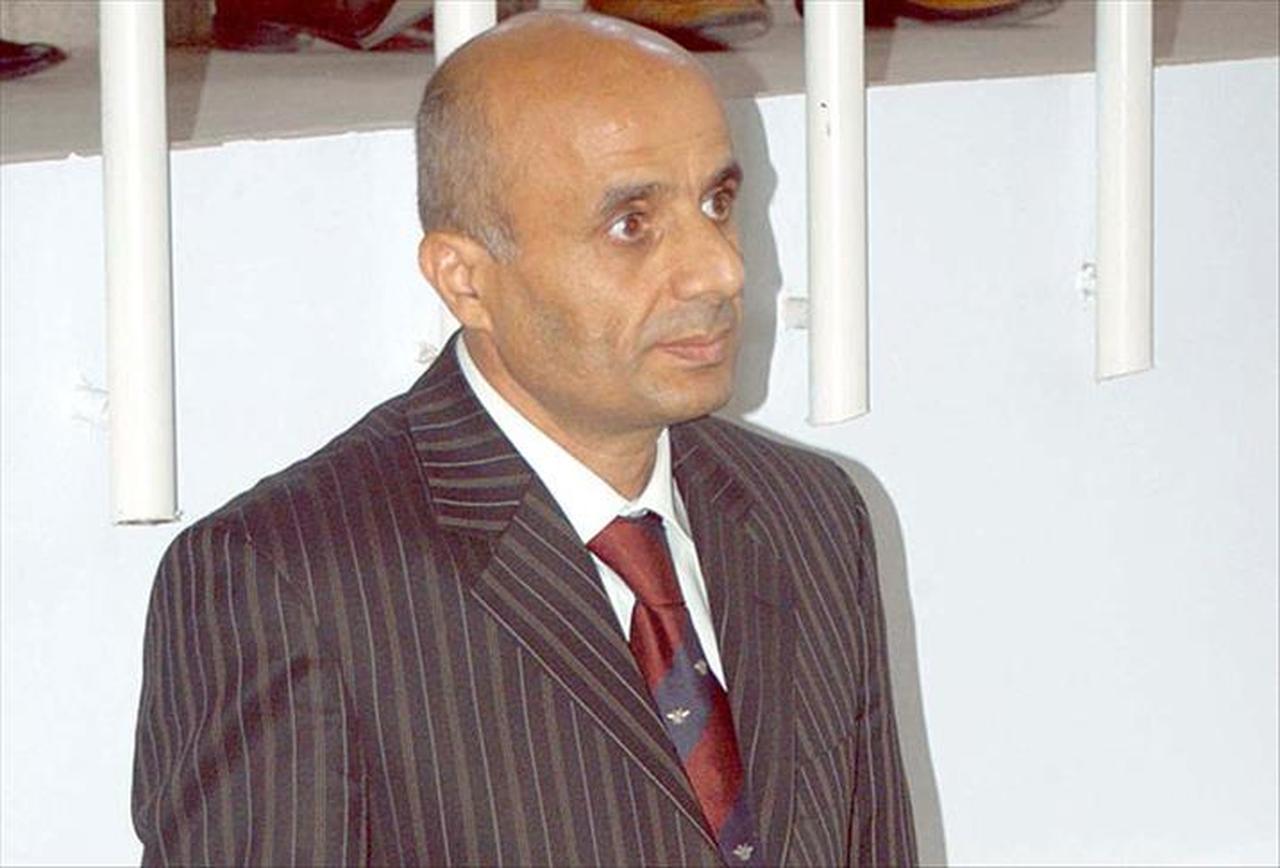
As the Turkish government advances its “Terror-Free Türkiye” initiative, the controversial concept of a “right to hope” for Abdullah Ocalan—the terrorist ringleader serving a life sentence on Imrali Island—remains a subject of discussion.
Recently, Semdin Sakik, a PKK terrorist and former second-in-command, submitted a legal request claiming his right to a fair trial was violated during his case at the State Security Court, asking the Ministry of Justice to overturn the verdict and order a retrial. Sakik has been imprisoned for 27 years.
The Ministry of Justice reviewed Sakik’s case and rejected the request, stating no errors were found in the judicial process. Sakik was captured in a special operation in northern Iraq in 1998 and brought to Türkiye.
He is held responsible for numerous armed attacks by the PKK terrorist organization, including the killing of unarmed soldiers on a highway. He also appeared as a secret witness during the Ergenekon trials.
The legal term “right to hope” gained prominence after Nationalist Movement Party (MHP) leader Devlet Bahceli mentioned it in his Oct. 22 speech at his party’s parliamentary group meeting. Referring to Abdullah Ocalan—the PKK terrorist ringleader sentenced to death in 1999, later converted to aggravated life imprisonment, and held on Imrali for 25 years—Bahceli said, “If the isolation of the terrorist leader is lifted, let him come and speak at the Parliament during the DEM Party Group Meeting. Let him declare that terror is completely over and the organization has been disbanded.”
He added, “If he shows such determination and resolve, legal regulations enabling the use of the ‘right to hope’ should be enacted, and he should be allowed to benefit from it. Neither Kandil nor Edirne, the address should extend from Imralİ to DEM, and this severe and historic terror issue should be completely removed from the national agenda.”
Bahceli’s remarks sparked widespread debate about the “right to hope” in Türkiye. The process he initiated ultimately coincided with the PKK terrorist organization’s announcement of dissolution on May 12.
The “right to hope” concerns prisoners sentenced to life imprisonment who are excluded from parole opportunities. The principle is based on a 2013 ruling by the European Court of Human Rights (ECHR) in the case of Vinter and Others against the United Kingdom.
The ECHR ruled that imposing life sentences without the possibility of review or release violates Article 3 of the European Convention on Human Rights (ECHR), which prohibits torture and inhuman or degrading treatment.
Practically, the “right to hope” means that after serving a certain period, prisoners should have their cases reviewed periodically by specialized committees and be eligible for conditional release. The 2013 ECHR decision specified that life sentences should be subject to review no later than 25 years after sentencing, with consideration given to conditions for release.
Türkiye abolished the death penalty in 2002, replacing it with aggravated life imprisonment. Initially, those convicted of terrorism-related offenses by the PKK terrorist organization were excluded from parole eligibility and would remain imprisoned for life. Later amendments allowed some aggravated life prisoners to qualify for conditional release based on good behavior, except for those convicted of crimes against state security within organized crime activities.
This means not all prisoners serving aggravated life sentences in Türkiye are deprived of the “right to hope,” but those convicted of terrorism-related crimes by the PKK terrorist organization are excluded.
In practice, individuals sentenced for crimes like femicide or child abuse may be eligible for parole, whereas those convicted of terrorism by the PKK are not. Türkiye regulates aggravated life sentences under several laws, including the Penal Code, the Execution Code, and the Anti-Terror Law.